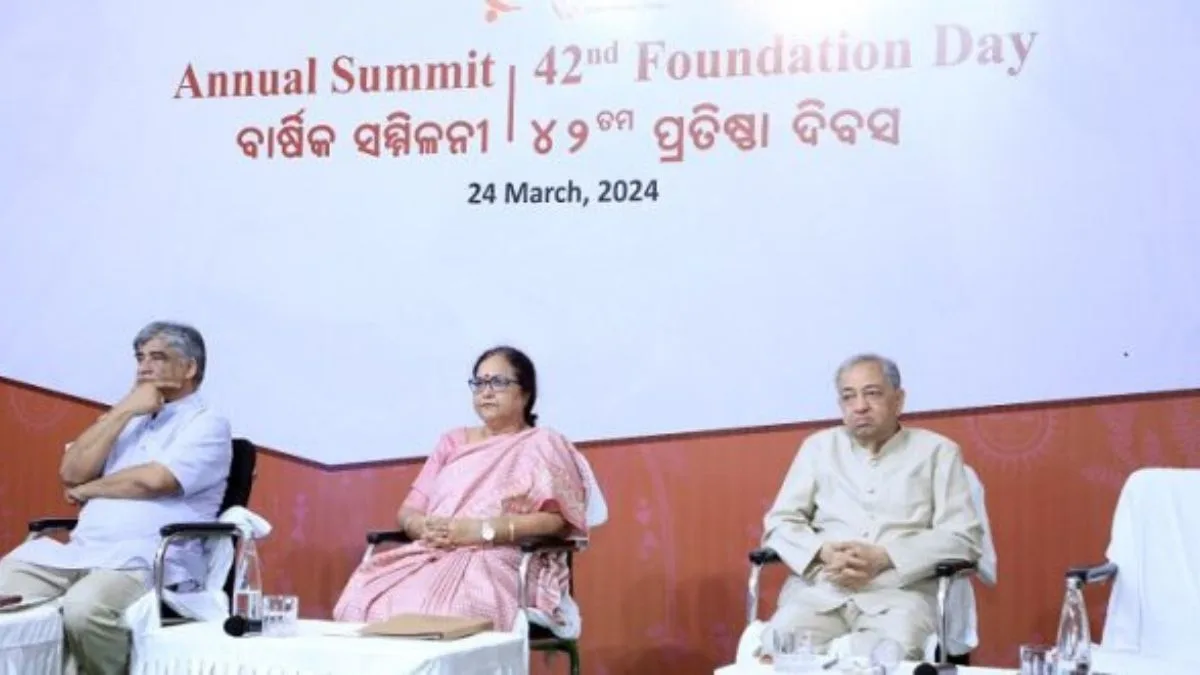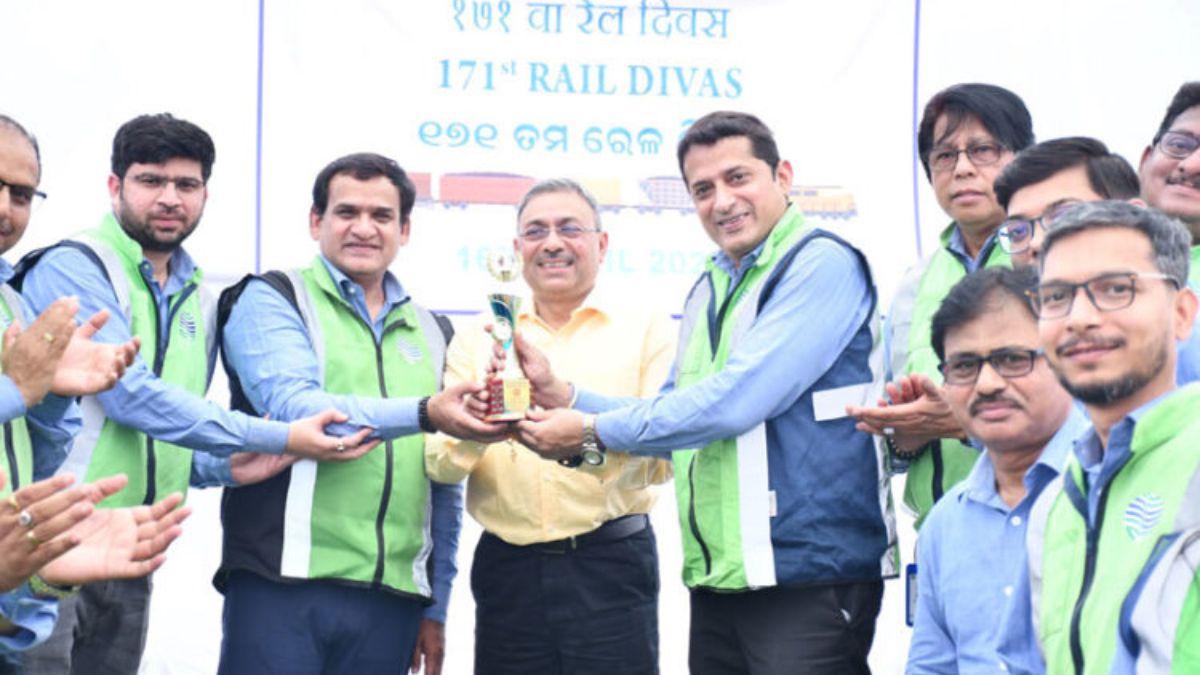Odisha needs to incentivize farmers adopting eco-friendly practices

Bhubaneswar: India has pledged to reduce the emissions intensity of its GDP by 45 percent by 2030 as per its Nationally Determined Contribution. Development economist Satya S Tripathi emphasized the urgency for the Odisha government to incentivize farmers to adopt eco-friendly practices to combat climate change. Tripathi, speaking at the 43rd Foundation Day lecture of the Centre for Youth and Social Development (CYSD) titled, “Odisha @2036 – Leveraging Pathways to a Green Economy Transition,” highlighted the dual role of the agriculture sector in emitting and sequestering carbon.
Tripathi, also the Secretary General of Global Alliance for Sustainable Planet, noted that farmers practicing natural and organic methods significantly contribute to carbon sequestration and should be rewarded. Drawing attention to the Andhra Pradesh Model, where farmers are paid Rs 40,000 per hectare for their efforts in emission reduction and soil fertility enhancement, Tripathi stressed the importance of learning from tribal communities, renowned for their intuitive and earth-centric agricultural practices.
He underscored the planet’s role as a shared habitat for all species, not just humans, advocating for sustainable agricultural practices to ensure food security and livelihoods. CYSD’s co-founder Jagadananda highlighted their Climate-Resilient Agriculture (CRA) initiative in Odisha, impacting over 600,000 individuals across various districts.
The initiative aims to empower vulnerable communities, particularly small and marginalized farmers in tribal areas, integrating traditional wisdom with modern innovations for sustainable livelihoods and food security.
CYSD’s approach to CRA focuses on empowering small and marginalised farmers in tribal-dominated areas of Odisha, covering 1.06 lakh small and marginal farmers, out of which, 83% are women and 72% belong to indigenous communities. Around 1,600 champion farmers are models for the entire farming community.
The initiative has witnessed remarkable success, with 15,638 farmers embracing natural farming practices, covering an expansive 6,326 hectares of land. Moreover, climate-resilient agricultural practices have been implemented on 62,500 acres of land by 58,000 households.
Prof. Geetanjali Dash, Vice-Chancellor of Berhampur University, emphasized the significance of student engagement with communities to foster empathy and social responsibility, highlighting the university’s collaboration with CYSD for this purpose. Additionally, Chandra Sagaria from Kundura, Kaberi Durua, and Raimati Durua of Kerimity were honored by Tripathi for their contributions to soil and forest conservation in Koraput district.











